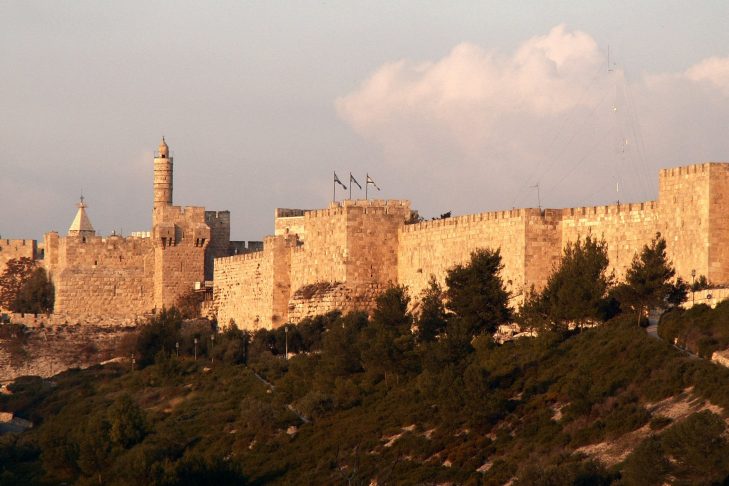Shushan Purim is the day after Purim, but that’s all we at JewishBoston knew about it (well, at least one of us knew more than that but that person definitely wasn’t Ashley). We asked young adults what they knew, guessed or speculated about the holiday. Here’s what they said.
“I think it has something to do with Shushan being a walled city, maybe? So the timing for celebrating Purim was different…because…um…the information couldn’t get through the wall. The original firewall! Yeah, I’m guessing that’s not actually right.”
—Gilly
“I don’t know for sure, but I think it’s like the holiday before the holiday. It has something to do with a walled city, and when fighting happened in said walled city. So in some places Purim is celebrated a day early.”
—Jesse
“Shushan Purim is the ‘All Hallow’s Eve’ of Purim, during which you dress up in traditional Judean garb and dance around a fire whilst singing and holding hands.”
—Katherine
“Israel celebrates this—it’s something about a city. I’m the worst at knowing these things.”
—Jen
“Maybe it has something to do with taking care of the hangover you’re supposed to get after Purim. I know the story of Purim and I know you’re supposed to get hella drunk. FYI Queen Vashti was the OG feminist. Queen Vashti actually started the #timesup movement. I have heard of the term ‘Shushan Purim’ but have no idea what it refers to.”
—Becca
“It’s something to do with the fact that Shushan, the city where Purim happened, was a walled city, so walled cities like Jerusalem celebrate…earlier? Longer? But not sure why or even how the celebration is different!”
—Eva
“Is it when you ‘shush’ Haman’s name on Purim? Or I think it might actually just be the night before Purim or have to do with the length of the holiday.”
—Hannah
“No idea. This is all news to me.”
—Ashley
“Well, Shushan is a city, and Purim celebrates the Jewish people being saved from Haman. And Shushan has walls, so maybe it’s a day for Purim specifically for them?”
—Erin
“I’m guessing that Shushan is the name of the town where Queen Esther lived or came from? Purim—hmmm…no idea.”
—Claire
“Shush = quiet, I have a hangover. An = from. Purim = a Jewish binge-drinking holiday.”
—Dan
So, what’s the deal?
“The Jews of Persia defeated their anti-Semitic attackers on the 13th day of the month of Adar, and celebrated their victory the day after. That’s why we celebrate Purim on Adar 14! However, within the Persian capital city of Shushan, the fighting lasted two days—Adar 13 and 14, and the Shushanite Jews celebrated their survival on Adar 15. The sages instituted that Shushan residents perpetually observe Purim on the 15th day of Adar, and wanted this to apply to all walled cities that existed at the time of Joshua (the successor to Moses in leading the Israelites), so Jerusalemites observe Shushan Purim on Adar 15. Other cities, like Jaffa and Hevron that we aren’t 100 percent certain were walled at the time, celebrate Purim Adar 14-15, just to be on the safe side!”
—Miriam

